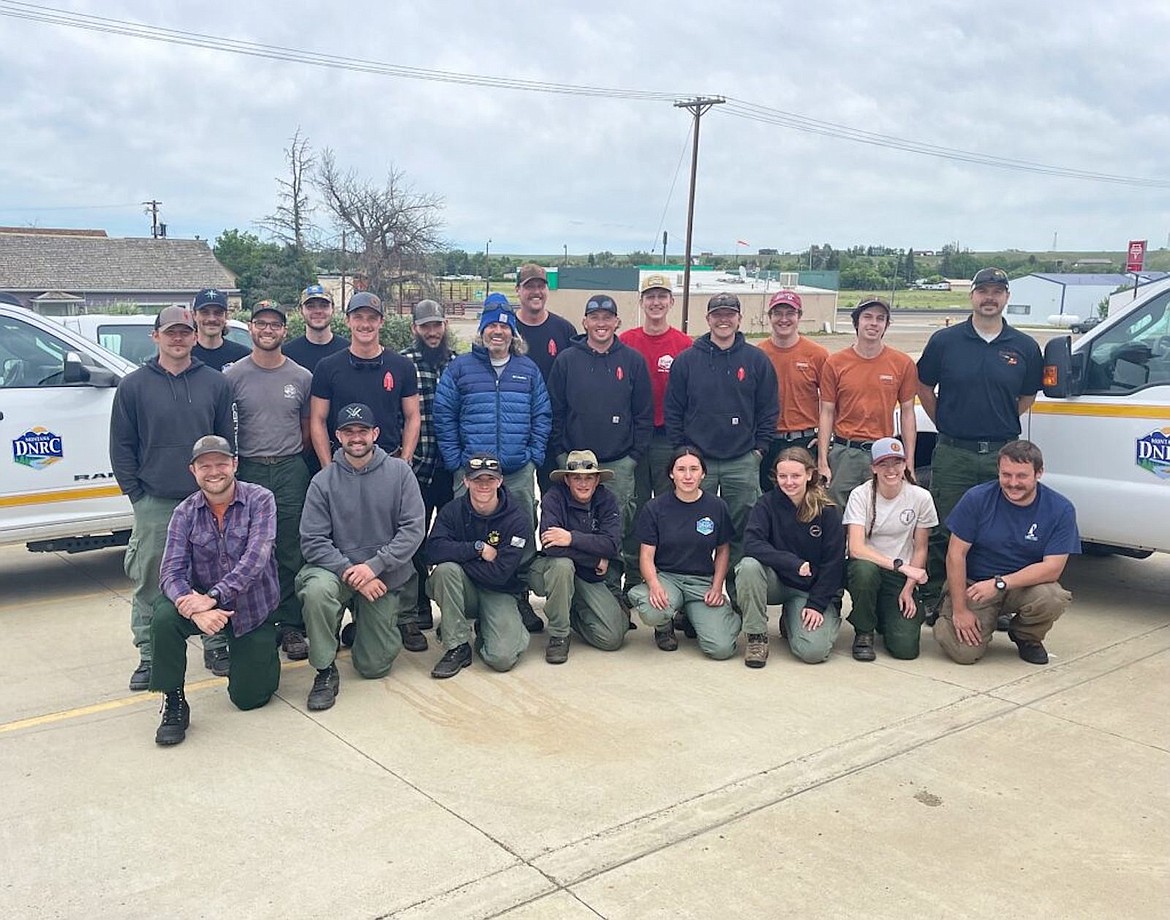Montana deploys 22 firefighters to Canada
With fire season yet to erupt in the Treasure State, the Montana Department of Natural Resources and Conservation sent 22 wildland firefighters to Canada to help combat wildfires there.
The DNRC sent the firefighters to Alberta through the Northwest Compact, a pact among states, provinces, and territories in the U...
Become a Subscriber!
You have read all of your free articles this month. Select a plan below to start your subscription today.
Already a subscriber? Login



